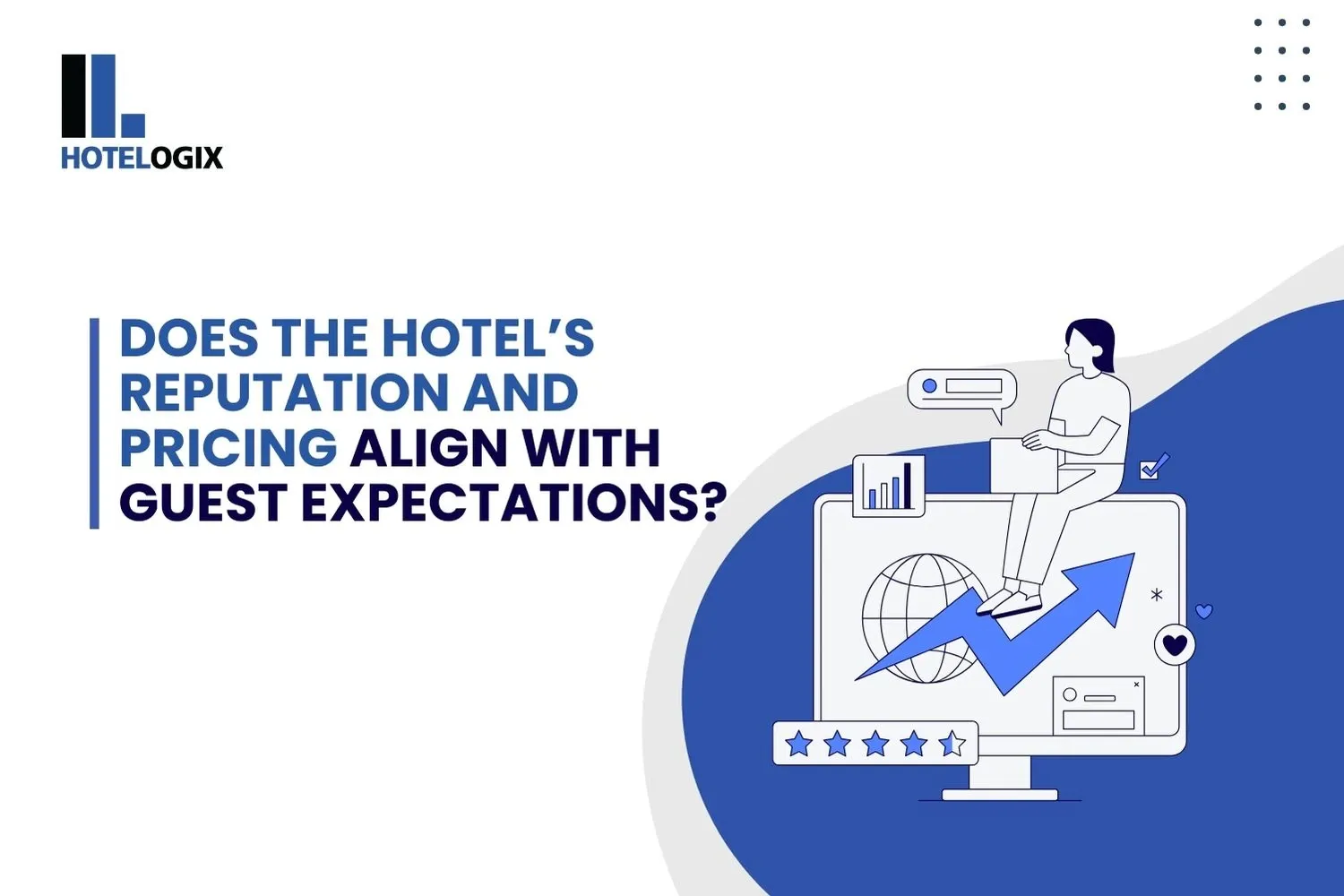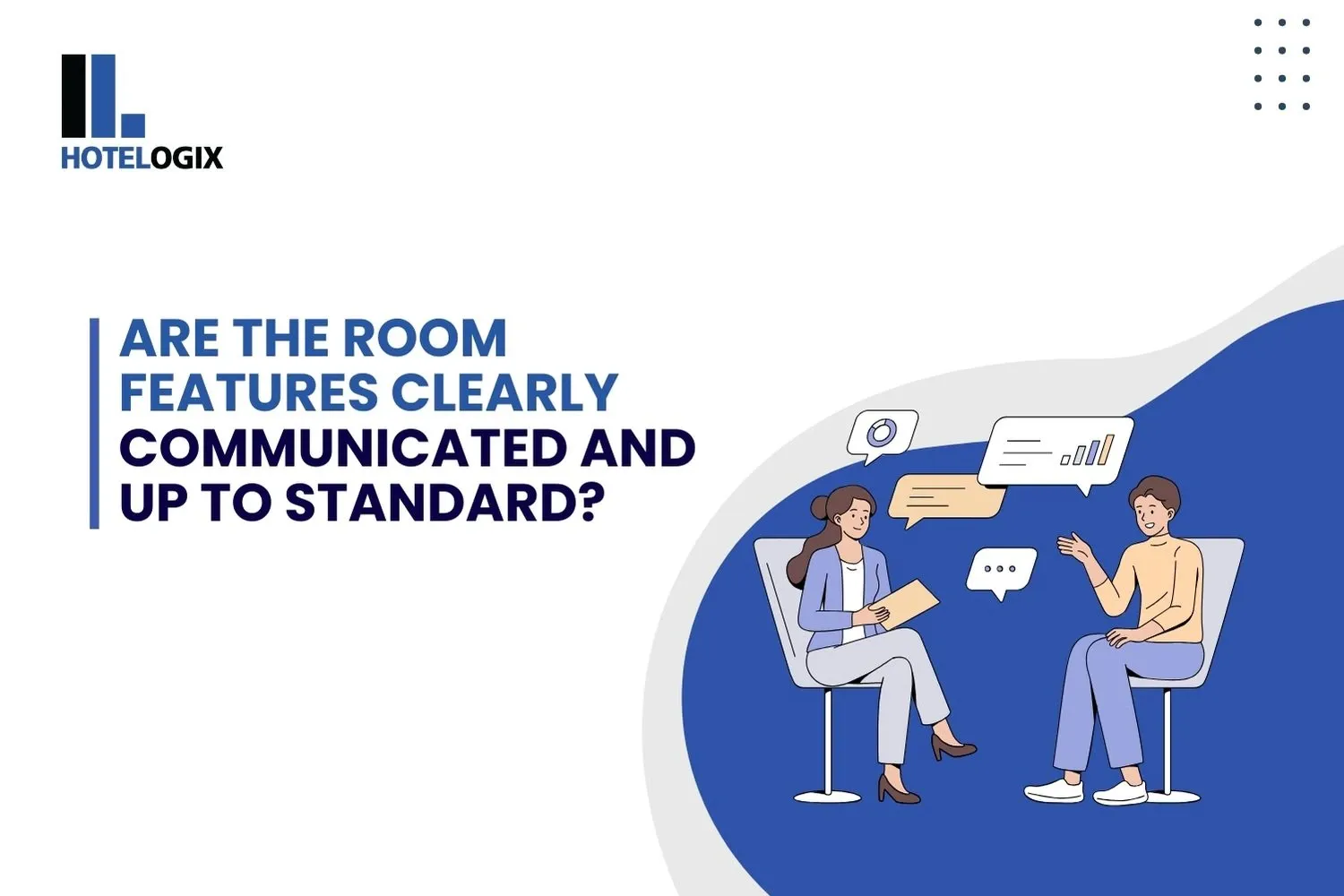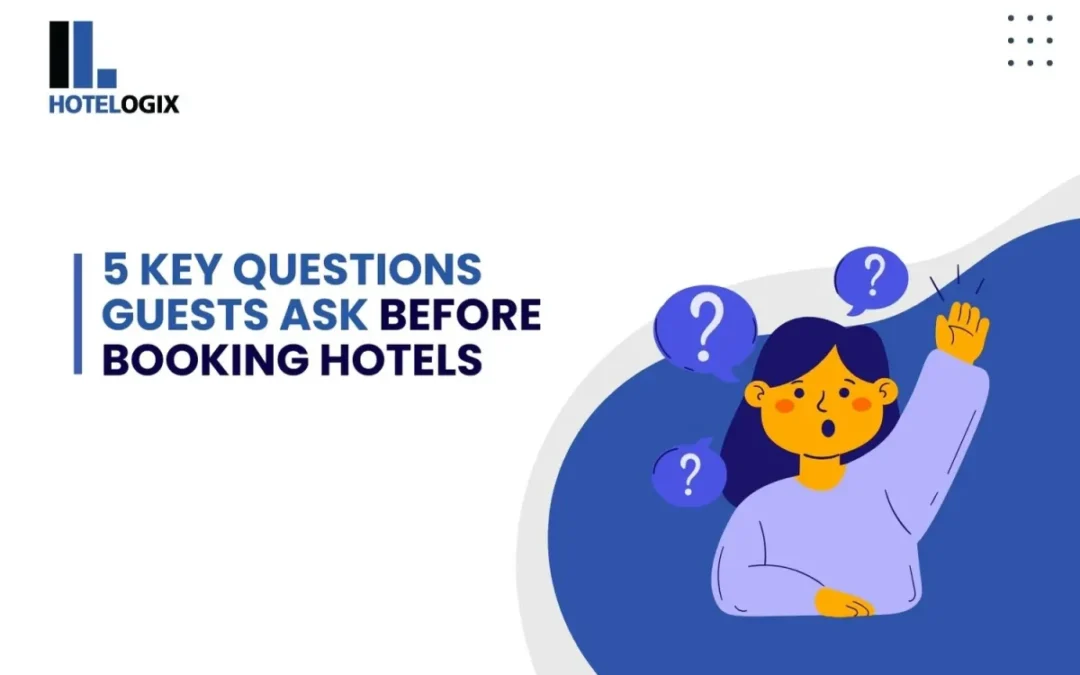Today’s travelers are highly informed and selective when it comes to booking accommodation. With a wealth of information available online, they assess hotels not just on price, but on experience, transparency, and trustworthiness.
For hoteliers, understanding what questions guests ask — and how to answer them proactively — is critical to securing more bookings and enhancing guest satisfaction.
1. Do Online Reviews Reflect a Consistent, Positive Guest Experience?
User-generated content has become a vital part of the booking journey. Guests often filter hotels based on reviews, giving preference to properties with consistently positive feedback regarding service quality, cleanliness, hospitality, and amenities.
It’s crucial for hoteliers to actively monitor online reputation across OTAs, Google, TripAdvisor, and social media. Timely responses to reviews, whether positive or negative, show potential guests that the hotel values feedback and is committed to service excellence. Trends identified in reviews should be addressed promptly to continuously improve the guest experience.
2. Does the Hotel’s Reputation and Pricing Align with Guest Expectations?

Price sensitivity is important, but guests are increasingly willing to pay more for perceived value and reliability. Reputation plays a major role in shaping these perceptions.
Hoteliers must ensure that their pricing strategies are competitive, yet reflective of the value offered. A hotel with a strong reputation for excellent service, safety, and comfort can command premium pricing. Transparent rate structures, special packages, and clear inclusions (like breakfast, parking, free cancellations) add value in the eyes of prospective guests and help justify pricing tiers.
3. Are Health and Safety Protocols Visible and Well-Communicated?
Health and safety have become core considerations post-pandemic. Guests now expect to see clearly stated hygiene practices, cleaning standards, and contactless services before confirming a booking.
Hoteliers should proactively communicate their safety measures — such as enhanced housekeeping protocols, regular sanitation of public areas, digital check-in/check-out options, and availability of on-site medical assistance. Detailed hygiene information on the hotel’s website, booking platforms, and guest communications builds confidence and reassures travelers of a safe stay.
4. Is the Hotel Location Practical for Guest Needs?
Location remains one of the top factors influencing a guest’s choice. Travellers seek hotels that offer easy access to local attractions, restaurants, airports, public transport, and business centers.
Hoteliers must clearly communicate the property’s location advantages across all online and offline marketing materials. Highlighting nearby landmarks, distance to key hubs, and convenience factors (like local eateries or shopping areas) can significantly impact booking decisions. A well-positioned hotel is often perceived as offering better overall value.
Travelers are increasingly planning spontaneous getaways, with searches in the 0-6 day window increasing by 15% quarter-over-quarter globally. This trend presents an opportunity to capitalize on last-minute bookings by highlighting your hotel’s prime location and accessibility.
5. Are the Room Features Clearly Communicated and Up to Standard?

Guests today demand detailed transparency regarding the rooms they book. Beyond aesthetics, they want to know about room size, bed types, available amenities such as Wi-Fi strength, mini-bars, kettles, work desks, and bathroom facilities.
Get practical. One last-minute deal goes beyond mere price cutting; it’s a strategy. Recent data shows that 76% of TripAdvisor users say their decision-making is primarily influenced by photos submitted by other travelers. This visual element can make or break booking decisions, highlighting the importance of authentic imagery in your marketing.
Hoteliers must ensure that room descriptions are accurate, complete, and updated regularly on all platforms. Providing authentic photographs (preferably real guest images or 360-degree tours) and listing all included services builds trust, minimizes negative surprises, and increases direct bookings.
How Hotelogix Helps Hotels Meet Critical Guest Expectations
With Hotelogix’s cloud-based PMS, channel manager, and Web booking engine integration, hoteliers can:
– Instantly update room availability, pricing, and descriptions across all online sales channels, ensuring that guests see consistent and accurate information wherever they search.
– Streamline operations to eliminate manual errors, such as overbookings or miscommunicated amenities, leading to better guest experiences.
– Leverage centralized control over inventory, pricing, promotions, and content, helping hoteliers react quickly to market changes or special events.
– Enhance operational efficiency and guest satisfaction simultaneously, reducing operational strain on staff and ensuring seamless guest journeys from booking to check-out.
By automating these essential functions, Hotelogix empowers hotels to deliver the transparency, efficiency, and consistency that today’s travelers demand.
Conclusion: Aligning with Guest Expectations Builds Loyalty and Revenue
Understanding what drives booking decisions allows hoteliers to proactively align their offerings with guest expectations. In today’s competitive environment, success depends not just on offering a good product, but on communicating it clearly, delivering consistently, and building lasting trust.
By focusing on strategic elements like online reputation, value-driven pricing, safety assurance, location convenience, and room transparency — and by adopting smart operational technology like Hotelogix — hoteliers can position themselves strongly to attract discerning travelers, drive higher occupancy rates, and grow sustainably in a challenging market.

